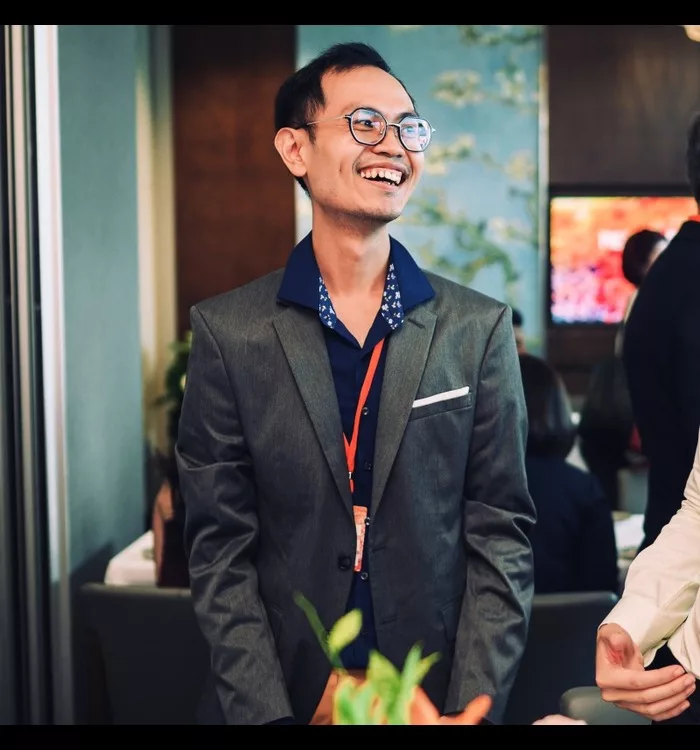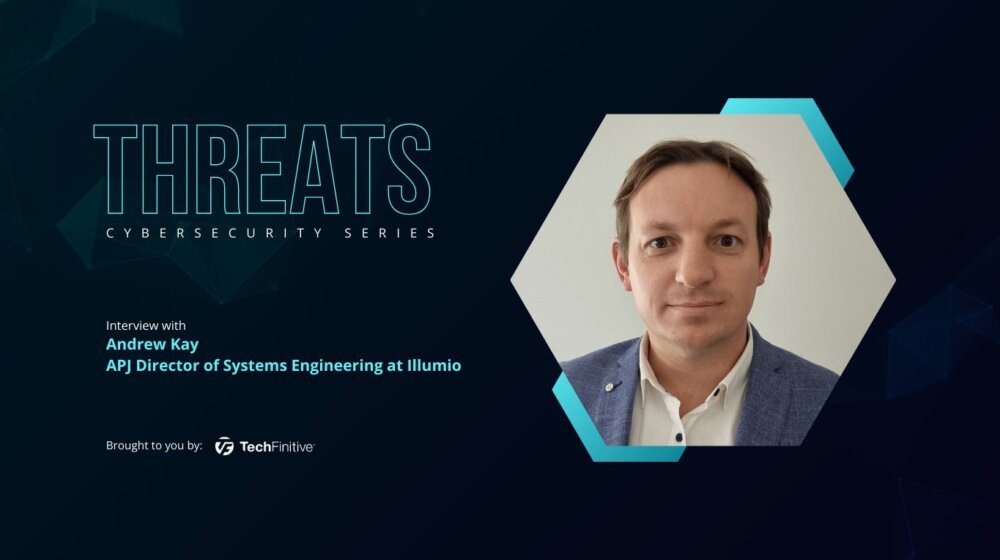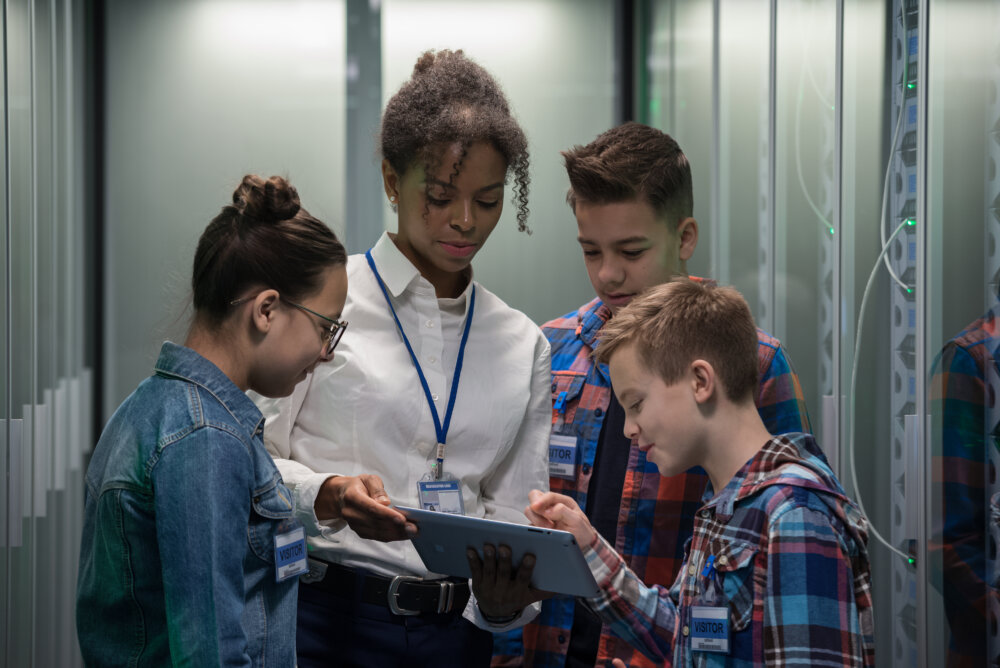
HR thought leaders highlight risks of AI in the workplace
From the water cooler to the boardroom, from healthcare to automotive, discussions about how generative AI will affect existing jobs are now commonplace.
Every department in a company is having to deal with AI in one way or another. Naturally, that includes HR. And given that HR is often the custodian of workplace well-being, we wanted to get HR professionals’ view on how AI might present a risk to staff.
To that end, as part of our Coffee with HR series, we asked 25 HR thought leaders a question:
What do you perceive are some of the risks of deploying AI in the workplace?
We selected the best answers and grouped them by the risk they illustrated. Here is what they said, abbreviated and edited for ease of reading and clarity.
Related reading: Is bare-minimum Monday a bad thing?
Security, humans and AI

“While there’s a lot of buzz around potential ethical, privacy and cybersecurity risks posed by deploying AI in the workplace, the risk that is front of mind for me is maintaining the human touch.”
Maree Henwood, People & Culture Specialist at Mantel Group (interview coming soon)

“We recognise that people might have concerns about the use of AI (technical, ethical, legal etc) so we’ve shared some guardrails so that people use it responsibly. As data is everything to our business, it’s important that this doesn’t create security risks for us.”
Rachel Cox, VP of People and Talent, Liberis

“I don’t see AI as a risk in itself. The risk is in the human reaction. We need to apply human judgment when faced with any new technology. It’s up to us to understand the risks and establish healthy parameters, so we use it to our benefit versus our detriment.”
Nathalie Parent, Chief People Officer at Shift Technology

“I think another risk or perceived one will be the change management side. Training and communication will be critical for staff to embrace the concepts and not fear that this could take over their jobs. Instead, HR will need to work with business leaders to determine what upskilling may need to take place to train the workers of tomorrow instead of today.”
Michelle Sanchez Bickley, Chief People Executive at Hallmark Health Care Solutions
AI’s inability to contextualise

“AI can’t think. One simple example showing this limitation is asking an AI: if it takes three hours for three towels to dry on a clothesline, how long will it take nine towels to dry? The answer, of course, is three hours: towels dry at the same rate regardless of the number! The AI reports that tripling the number of towels should triple the time using the concept of “proportionality”. So, it gives an answer of nine hours. While it explains its rationale for an incorrect answer, it still takes a human to understand the reality of the problem to assess the response given by an AI.”
Tom Ferland, VP of HR at IQGeo

“While I think integrating some sort of AI technology into the workplace is inevitable, it should be done intentionally and cautiously. In the HR world, we are dealing with sensitive and complex that require some level of nuance or context to derive insights. While AI can get us farther, it should not take us the whole way.”
Sierra Kaslow, Chief of Staff at Miro

“Where I think we have risk is removing the human element from these activities. For example, a leader can use AI to write a performance plan for an employee, but it will not consider the environmental factors and personality associated with that employee’s performance.”
Melissa Johnston, Director of L&D at First Orion

“AI can cause privacy violations and algorithmic bias, caused by bad data, can lead to disaster rather than anything productive. AI sometimes causes a lack of transparency and creativity. Although AI has been tasked with creating everything from computer code to visual art, it lacks original thought.”
Chetna Gogia, Chief Human Resources Officer at GoKwik
Systemic bias and fairness in AI

“In terms of HR-specific processes, I think AI comes with certain risks and challenges which need to be considered. Risks around bias and fairness, data security and privacy concerns and ethical dilemmas are just a few that spring to mind.”
Tracey Knowles, Chief People Officer at Wirex

“The primary concern I have regarding AI in the workplace revolves around the potential reproduction or exacerbation of biases. While I recognise the positive impact AI can have on promoting diversity and inclusion through tools like bias detection software, I am mindful that AI systems are not immune to the biases present in the data they are trained on. This vulnerability runs the risk of perpetuating biases, ultimately influencing organisational operations and interactions with employees.”
Maria Loumpourdi, Global Head of Talent Development at Betsson Group
Lack of regulatory oversight

“AI in the workplace is certainly going to introduce new risks and challenges in the workplace. The lack of regulation is my biggest concern, particularly as organisations embed this into technology that will support decision-making. Organisations are now just starting to acknowledge that processes and systems have inequities and barriers.”
Michelle Brooks, Chief People & Culture Officer at Security Compass
All of the above and more

Alex Png, Chief People Officer for Intrepid Group
With AI automating certain tasks, it’s important to consider how employees can be re-skilled or up-skilled to take on new roles that AI can’t fulfil.
Also, AI systems often rely on large amounts of data, which can include sensitive employee information. If not properly managed, this could lead to privacy breaches.
Thirdly, if the data used to train AI systems contains biases, the AI could also make biased decisions. This is particularly concerning when AI is used for hiring, promotions, or performance evaluations.
Next, over-reliance on AI could make a company vulnerable if the technology fails or is compromised. It’s important to have contingency plans in place.
Last but not least, while AI can make certain processes more efficient, it’s important that there’s still human oversight. Decisions made by AI should be regularly reviewed to ensure they’re ethical, fair and in line with company values.
NEXT UP

Andrew Kay, Director of Systems Engineering APJ at Illumio: “The most worrying development with ransomware is that it has evolved from simply stealing data to impacting IT availability”
Andrew Kay, Director of Systems Engineering APJ at Illumio, has 20 years’ experience helping organisations strengthen their cyber resilience. We interview him as part of our Threats series on cybersecurity.

The imperative of making a career in the data centre industry attractive
Adelle Desouza addresses the problem of an aging workforce in the data centre industry as well as how to make it an attractive career for new generations

I don’t care who hacked the Ministry of Defence, I do care how they did it
We may never know who hacked the Ministry of Defence, says Davey Winder, but who cares? It’s how they did it that has real-life implications